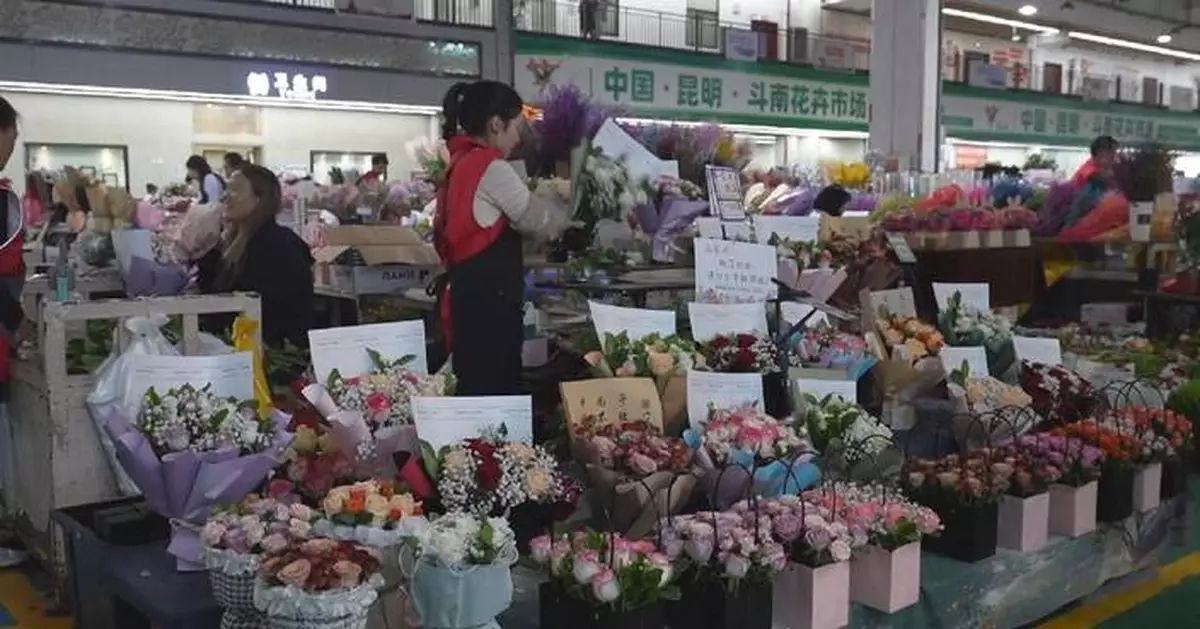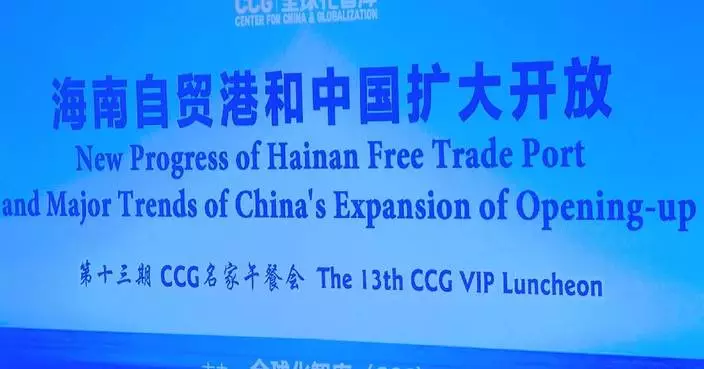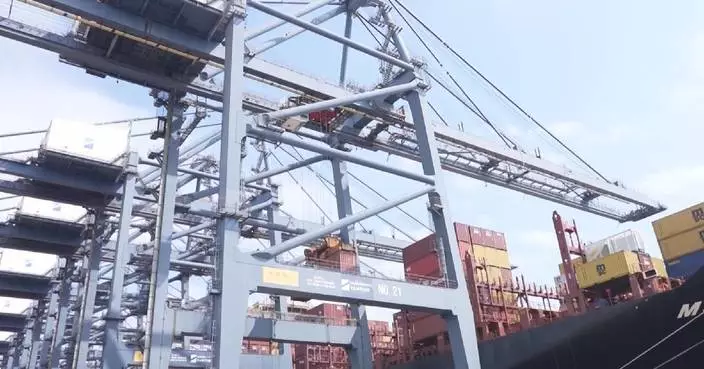Tourists flocked to the Dounan Flower Market in southwest China's Yunnan Province during the National Day Holiday which kicked off on Tuesday.
The Dounan Flower Market is the largest fresh-cut flower market in Asia and the second largest worldwide. It sells over 1,600 varieties of fresh-cut flowers under 117 categories.
Wearing flower crowns and holding bunches of flowers, tens of thousands of tourists across the country are wandering in this colorful market to pick the flowers they like.
"It's the first time for me to see such a large flower market. It's so magnificent!" said a tourist surnamed Liu from Shanghai.
The number of people visiting flower market on the first day of the seven-day holiday has climbed to nearly 500,000, driving up sales of flowers.
"The number of visitors come to my stall has soared since the beginning of the National Day Holiday as the sales jump," said Jin Taiyu, a seller at the flower market.
Sales of the stall would usually triple to about 20,000 yuan (around 2,837.04 U.S. dollars) per day during the holidays like the National Day Holiday, Jin said.
Flower companies in Yunnan are taking this opportunity by designing new flower-related products to captivate more customers.
In a flower company in Yunnan, employees are arranging special flower bouquets, which are smaller than the usual ones to ensure customers can carry them more easily.
Other flower-related products including preserved fresh flowers, known for their longevity compared to fresh blooms, are accessible for tourists visiting famous tourist destinations in Yunnan, so that they can buy them as souvenirs.
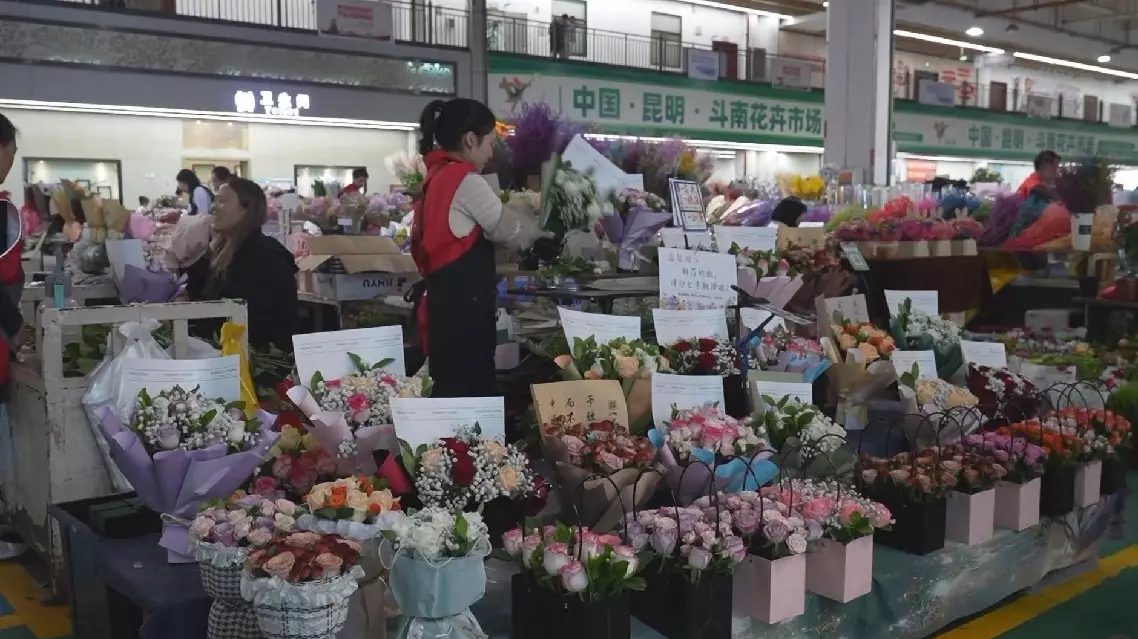
Flower market in China’s Yunnan sees booming business during National Day Holiday
Permanent representative of Israel to the United Nations (UN) Danny Danon on Thursday denied that any discussions had occurred between Israel and the UN regarding delivering humanitarian aid to Gaza.
Danon made these remarks at the UN headquarters in response to a query from a China Central Television (CCTV) reporter about the ongoing failure to deliver humanitarian aid to Gaza.
Israel blocked the entry of goods and supplies into Gaza on March 2, following the end of the first phase of a January ceasefire deal with Hamas. It resumed attacks on Gaza on March 18.
With no food, no supplies, and no relief in sight, Gazans have been enduring a relentless fight for survival.
In response to mounting international condemnation, Israel has proposed that its military take over the distribution of aid - a move widely criticized by the international community.
Briefing a Security Council meeting on Tuesday, Under-Secretary-General for Humanitarian Affairs and Emergency Relief Coordinator Tom Fletcher noted that the UN has met for over 12 times with the Israeli authorities regarding the latter's proposed aid distribution model, yet no solution had been found.
Danon, however, stated that no discussions have taken place in recent weeks regarding the issue.
"I don't know about that. Actually I listened to Mr. Fletcher's remarks at the Security Council the other day, and I can tell you that he visited Israel but he had no discussion about that fund because it was way back and in the last few weeks there was no dialogue about that. I would expect UN officials to engage when they want to speak about issues they know how to reach us, they know how to reach the U.S. mission. We are here to engage," he said.
"They got some information from the media, I assume. But I think they should look into that and to realize that if they want to be involved, that is the way to be involved," he added, reiterating that the UN has not reached out.
In response to Danon's denial, the United Nations reaffirmed its position, standing by the public statement released by Fletcher.
"I heard what he said, and we stand by what Mr. Fletcher has said," Farhan Haq, deputy spokesperson for UN Secretary-General noted later on the day, commenting on Danon's statement.
"Mr. Fletcher gave the details," he continued.
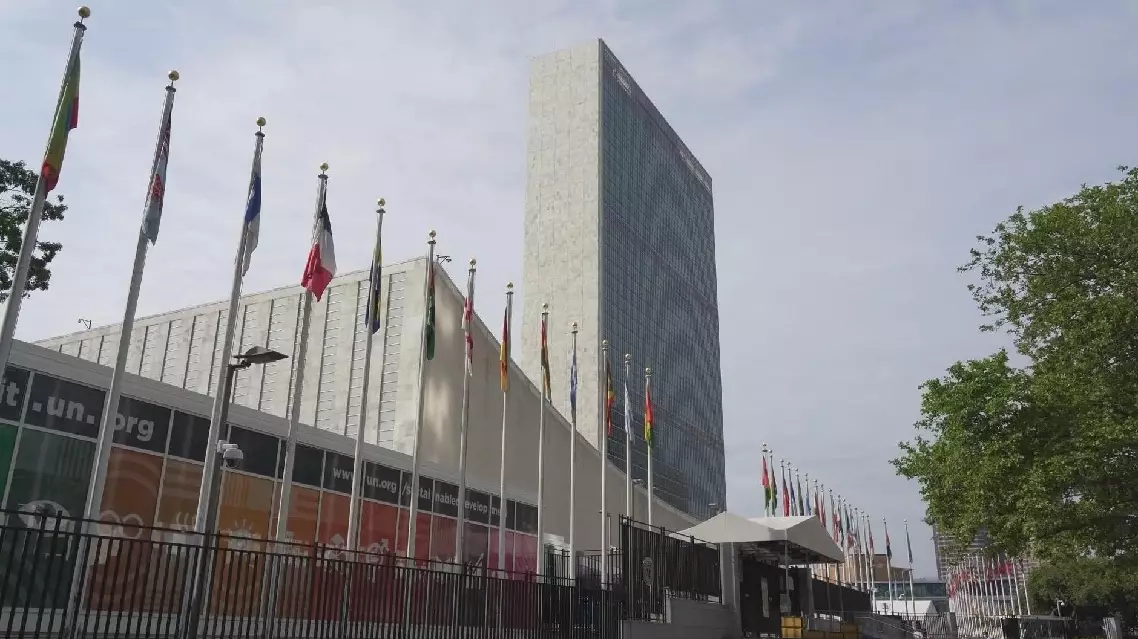
Israel envoy denies discussions with UN on enabling Gaza aid deliveries



